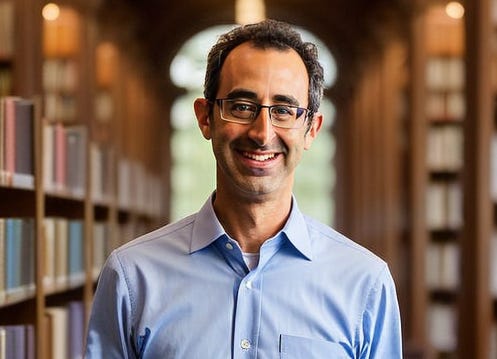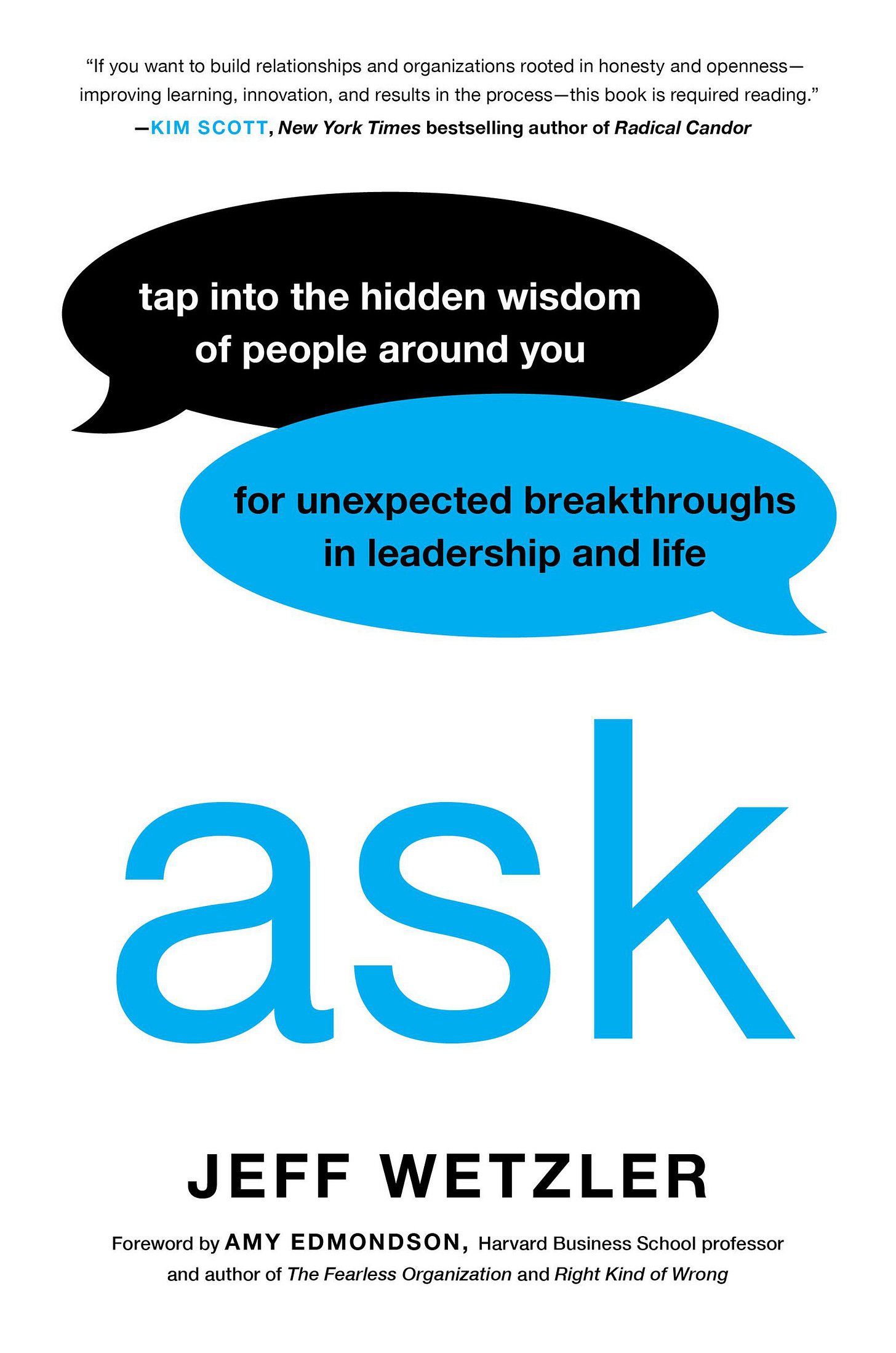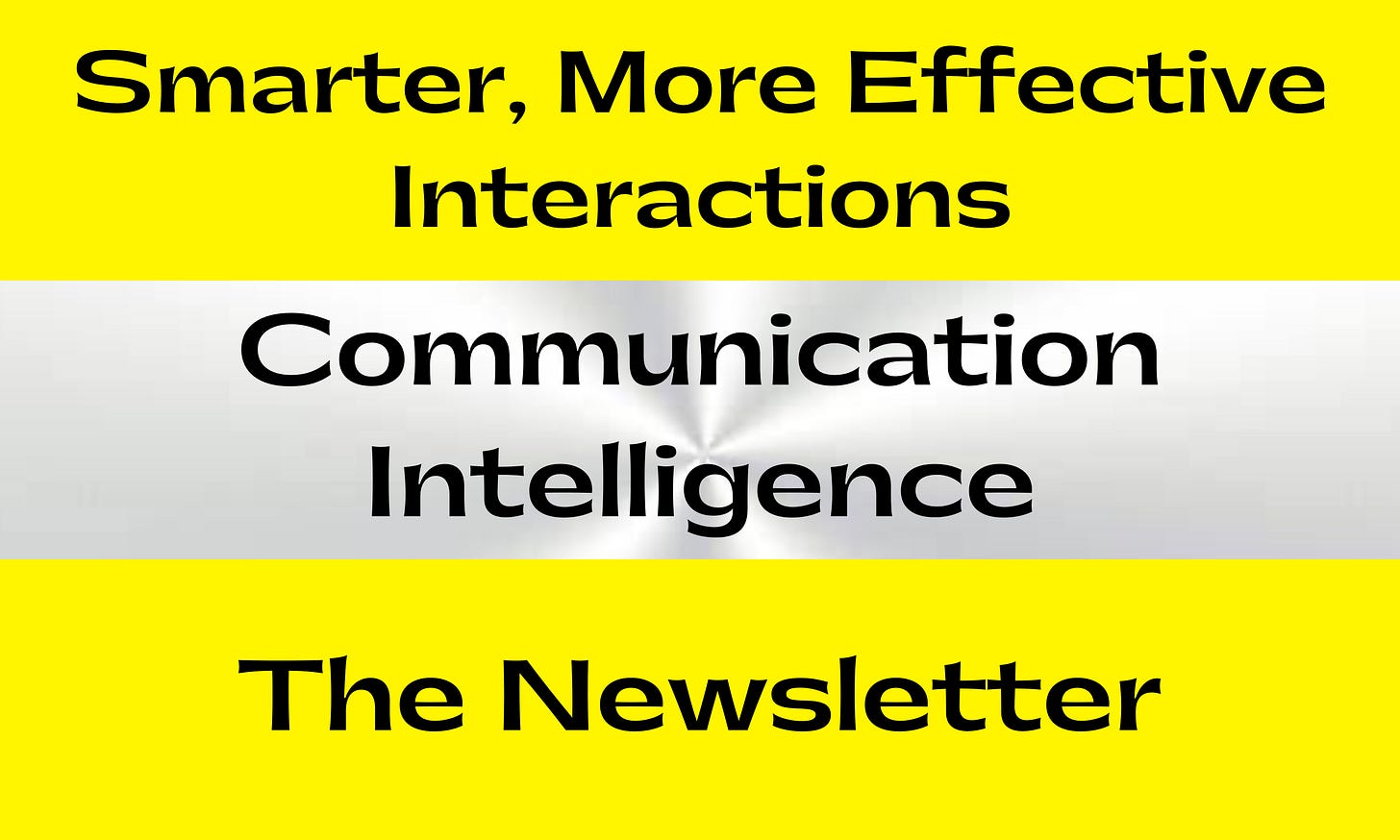Hidden Wisdom From People You Know
A conversation with Jeff Wetzler, co-CEO of Transcend and author of 'ASK: Tap Into the Hidden Wisdom of People Around You for Unexpected Breakthroughs in Leadership and Life'
Some people have it set in their minds what they would like to know from others and how they could benefit greatly by knowing it. As for how specifically to gain access to it, one expert has recommendations.
Jeff Wetzler is the author of “ASK: Tap Into the Hidden Wisdom of People Around You for Unexpected Breakthroughs in Leadership and Life” and the co-CEO atTranscend, a company that supports communities in creating and spreading equitable, successful learning environments.
The genesis of thought for writing the book and the commitment for accomplishing it was simple. There is a wide, costly, gap in learning — ignorance mostly — that can be corrected for the benefit of individuals, organizations and society.
“I’ve always been motivated by the goal of unlocking untapped human potential,” Wetzler begins. “I’ve pursued this goal in a variety of roles and contexts over the course of my career — from consulting to Fortune 500 companies to leading social impact organizations to serving as a coach and mentor. These experiences helped me to understand that the greatest untapped potential is our ability to learn from one another, learning that, too often, fails to happen.”
“Along the way I always looked for anything that could help me achieve my goal, picking up strategies and putting them down as needed.
“The five steps of The Ask Approach represent the best tools and frameworks I’ve found for learning from other people, ones I’ve personally used and seen work wonders in all sorts of settings and relationships,” he says.
He had a reader end-game in mind upon beginning, writing and finishing the book. Wetzler created two specific goals for his mission.
“The first was to pay forward the incredible wisdom of the mentors I’ve been lucky enough to work with and learn from over the course of my career, including Chris Argryris, Diana Smith and David Kantor. The insights and ideas I first learned from them changed my life. They opened up new avenues of learning. They helped me understand my impact on others and get the feedback I needed,” Wetzler says.
“Most importantly, they enabled me to connect at a human level with people, often across many lines of difference, by better understanding where people are coming from, who they are and what matters to them in life.”
The second goal was clarity and user friendliness.
“I ended up devoting a whole chapter of the book — Chapter 8: Make It Your Superpower — to how we actually learn new interpersonal skills,” Wetzler says.
“My training in adult learning and development, along with the two decades I’ve spent learning from experts in the education space came in handy here. I think that we often focus on the ideas and frameworks and overlook the actual skill-building element. So I put a lot of thought into how to break down the deceptively complex act of asking questions into concrete steps that can actually be learned and put into practice.”
Wetzler believes it is important to make the process of people interaction safe to increase the odds of people telling you the hard, valuable things.
“Decades of research by Harvard Business School Professor Amy Edmondson and others has demonstrated that in order for people to speak up, they need to feel psychologically safe doing so,” he says. “In other words, they need to really believe that you will not judge, shame or punish them for sharing openly with you.
“This is all the more important if you are interacting across lines of difference, such as age, race, gender: all of which can intensify the risks — real or perceived — of speaking candidly.”
Psychological safety is being more often discussed and slowly implemented into workplace cultures. It requires committed work to prove effective. It’s important, Wetzler contends, for those seeking wisdom to not skip this step. It’s vital.
“The key here is that it’s up to you to make it as safe, easy and appealing as possible for them to speak honestly,” he declares. “If in past interactions you have reacted negatively or judgmentally, you have to work extra hard to make it safe going forward. But even if you haven’t, it’s very likely that the other person at some point experienced shame or punishment for speaking honestly and still feels unsafe at some level.
“While it’s easy to feel like they should feel safe with you, it’s far more effective to take extra steps to ensure they actually are. Better safe than sorry, right?” Wetzler states.
Knowing what to do is important. The how to do it well can be more complex to understand and carry out.
“It starts by creating connection. When people feel genuinely connected to you, and you to them, you both feel safer,” Wetzler says. “True, personal connection lubricates the emotional gears needed to tackle even uncomfortable topics.”
He has an approach he recommends.
“One of the most effective ways to do this is to enrich and deepen your stories about one another. A question like ‘what’s the story behind how you landed where you are today?’ prompts people to share a part of themself you don’t already know, while also allowing them to share only as much as they feel comfortable,” Wetzler says.
“But you have to share, too. People are far more likely to share what matters to them if you open up about your intentions to learn and if they perceive you as truly open to learning from them,” he adds.
He explains what that communication looks like.
“That starts with explaining why you’re asking so they don’t have to guess at your agenda. They know up front that they’re not being tricked or misled into sharing something that you could use against them,” Wetzler teaches.
That’s not all however.
“It’s also important to communicate that you can handle whatever they have to say and — this part is essential — won’t hold them responsible for any emotional reactions you have,” Wetzler stresses.
He offers some insight that not many people may currently know about that point.
“The fear of hurting, upsetting or angering you is the number one reason people don’t tell you what they really think — or fear,” Wetzler illuminates.
The smart play therefore, he recommends is, “identifying and assuaging this fear upfront” because it can be “the permission slip people need to start sharing.”
There isn’t much learning going on without deep listening to gain clear and full understanding about what people are expressing, really trying to communicate to you and recognizing the gold within it.
“The first place people usually go wrong is believing that they are better listeners than they actually are,” Wetzler pointedly says, going on to bring evidence to his statement. “Some estimates show that 96% of people think of themselves as good listeners, and yet research has also shown that we retain less than half of what people tell us, and that the average person listens with only 25% efficacy.
“And we are actually worse at listening to the people closest to us than to total strangers, even though we are more confident in our ability to do so.”
It’s not a surprise that people overestimate these skills.
“It’s easy to feel like you’re listening, when what you’re really doing is waiting quietly until it’s your turn to respond or scanning the other person’s words for holes and ammunition you can use to defend yourself or rebuff their argument,” Wetzler says.
The antidote, he asserts, is available.
“Whenever you catch yourself doing this, return instead to the question: what could I learn from this person? and then allow that intention to guide your listening,” Wetzler says. “Your only goal is to understand what the other person is trying to share with you. Everything else –— yes, even your very best counterpoints — must take a seat in order to free up the attentional resources you need to listen for multiple levels of meaning simultaneously.”
That’s not the only hole in listening.
“The other mistake people make is listening to only part of what others are really telling them. Most people only listen through a single channel: the content of what others say. But to really listen to learn, you have to pay attention to two other channels,” Wetzler advises.
“The second is emotion — the feelings, needs, and desires beneath the words. And third is action — what are they trying to do by telling you this? And what are they trying to get you to do?
“Only by listening to all three at once can you fully understand what someone is trying to express.”
Reflecting and connecting will help a person take action and move in the correct direction after receiving guidance.
“This step is probably my favorite,” Wetzler says “and also the one most people forget to do. It’s so important to process what you heard in a way that really allows you to learn and grow from it. You might be tempted to immediately begin fixing or solving or even apologizing. But this is when it pays to pause and take a beat so you can reflect on what you heard and what it means.”
There is a roadmap for it.
“Before you do anything, start by sifting what you heard to figure out what’s worth reflecting on deeper and what isn’t. This will also help prevent rumination, which is when you turn things over again and again compulsively, leading to spiraling thoughts or spinning your wheels.
“Only after you’ve identified the most valuable parts of the conversation are you ready to really process and integrate what you’ve heard.”
He wrote about this method in his book, labeling it the three turns.
In short, Wetzler teaches, ask yourself these three questions: (1) How might what I heard revise my story about the situation? (2) Based on what I heard, what action steps can I take? (3) How might what I heard challenge my deeper worldviews, assumptions, or ways of being?
Those questions open up the mind, create understanding and clarity which primes a person for their strategy based on what they have been informed about and advised.
“Once you’ve reflected, share what you’ve learned and what you plan to do next,” Wetzler advises. “This final step profoundly shapes the future of your relationship with that person.”
He explains why.
“When someone has taken the risk of sharing their honest thoughts or feelings with you, they want to know that it was worthwhile,” Wetzler says.
“If you don’t reconnect, it can leave the other person feeling unappreciated or worse, used. But when you take the time to share what you’ve learned, you open the door to deeper connection and ongoing learning that benefits you both.”
To become a subscriber of Communication Intelligence.








